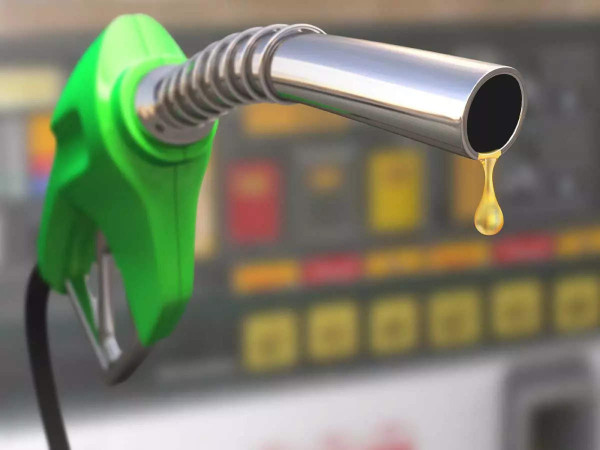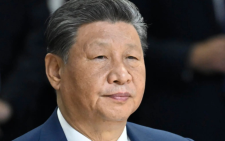Families’ spending power hit as fuel, electricity prices rise

Kenyan households are more likely to be pressed harder to meet their needs since the cost of living is set to rise in the coming months.
The reality dawns after the new government revoked cushioning programmes that have left the cost of energy products, a key driver of the economy, to be determined by market forces.
After intense crisis talks among high-ranking State officials and the energy regulator on Wednesday night, the government increased the cost of petrol to Sh179.30 per litre, up from Sh159.12. The new price is a historic high. The retail price of diesel also shot up to Sh165 from Sh140 per litre, while that of kerosene rose to Sh147.94.
“Taking into account the weighted average cost of imported refined petroleum products and in line with government policy to progressively review subsidy on petroleum fuels, the changes in the maximum allowed petroleum pump prices in Nairobi are as follow: super petrol, diesel and kerosene increase by Sh20.18 per litre, Sh25.00 per litre and Sh20.00 per litre, respectively,” Energy and Petroleum Regulatory Authority (EPRA) managing director Daniel Kiptoo said in a notice published late on Wednesday.
Also, EPRA increased tariffs without issuing any public notice, a U-turn from the 15 per cent price cut that households have been enjoying since January. Now, Sh500 buys electricity consumers only 29.54 units of power. This is a 20.9 per cent increase, compared with 31.37 that the same amount could buy in July and August.
The increase implies that a unit of power now retails at Sh19.27, much higher than the Sh15.90 applicable last year.
When reached for comment, Kiptoo promised to give a comprehensive response on the new tariffs but did not get back by the time of going to press.
The Energy Act 2019 empowers EPRA to review electricity tariffs every three years although this hasn’t been the case as the regulator sought to ease inflation pressure on households and businesses. The last review of electricity prices was in 2019.
By end of 2021, when a tariff review was expected and which would have guided electricity prices beginning 2022, the government succumbed to pressure from Kenyans complaining about high power bills.
Expensive business
Kenya Power mostly buys electricity from Independent Power Producers (IPPs), who are often expensive due to thermal power generation that relies on diesel for production. An increase in the cost of fuel always impacts electricity prices through the energy charge — the largest component of the electricity bill that caters for the actual power consumed.
This cost is adjustable monthly.
With the elimination of fuel subsidies, big power consumers will see their bills rise, colliding with other factors such as taxes and high import bills, all of which will push up production cost. This will affect the cost of consumer goods and services, including transport.
The fuel subsidy and power tariff reduction were introduced to ease the cost of living among Kenyans who were already saddled by the surging prices of consumer goods and services.
William Ruto, the Fifth President who was installed on Tuesday, said in his inauguration speech that the country’s dependence on subsidies was not sustainable in the coming months. He signalled that fuel prices would still fluctuate depending on the global market.
With the Head of State not giving any comprehensive short-term solution to arrest possible month-on-month increases in energy price and inflation, the economy will feel the pinch across the entire supply chain. Already, inflation was at a 63-month high of 8.5 per cent as of August, up from the previous 8.3 per cent in July.
Kenya’s economy is largely diesel-dependent, implying that farmers, transport services and manufacturers will pass on increased fuel costs to businesses and households, further exerting pressure on their overstretched incomes.
A rise in the cost of production could also lead some firms to protect their working capital by cutting back on their workforce, just when business leaders were anticipating more hiring later this year.
Manufacturers of excisable products, such as alcoholic beverages, chocolates, tobacco and ice cream are further set to face a decline in sales as consumers cut back on such expenses to stave off inflation.
The new administration is seemingly being guided by the demands of the International Monetary Fund (IMF), which has been pushing for the scrapping of subsidies. IMF cautioned Kenya against lowering power tariffs after it revealed that the first 15 per cent electricity reduction widened the power utility’s liquidity gap to the tune of Sh26.3 billion.












